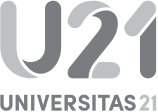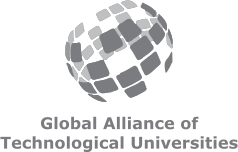Operational Funding
Operational funding is raised on a no-profit basis from course and access fees and UNSW's Research Infrastructure Block Grant (RIBG). This covers salaries, maintenance, consumables, small equipment etc. Budgets including operational funding are approved through the governance structure of the Mark Wainwright Analytical Centre within the Division of the Deputy Vice Chancellor for Research.
Cost Recovery & Course Fees
All users of the BMSF contribute to the full operational costs of access to instruments and training via an access fee. This is usually based on hours of instrument time used and a rate. UNSW infrastructure funding contributes to this cost for all UNSW based or UNSW affiliated researchers. Courses and teaching provided by the BMSF generate income which contributes to the operational budget.
Funding for Major Equipment
Equipment for mass spectrometry is costly and keeping the equipment up-to-date leads to a substantial capital budget. This is currently sourced from programs such as the Australian Research Council Linkage Infrastructure, Equipment & Facilities and other infrastructure funding (ARC LIEF) program and the National Health & Medical Research Council Infrastructure. Such programs usually involve a matching funding commitment from one or more institutions that will benefit from the equipment. Typically, institutions contribute 25% to 50% of the cost of major equipments under LIEF with the major contributor being UNSW. NSW Government Infrastructure Funding may also have contributed to this cost. Partner institutions who contribute to MS equipment located at UNSW receive substantial access benefits applicable to all BMSF equipment.








